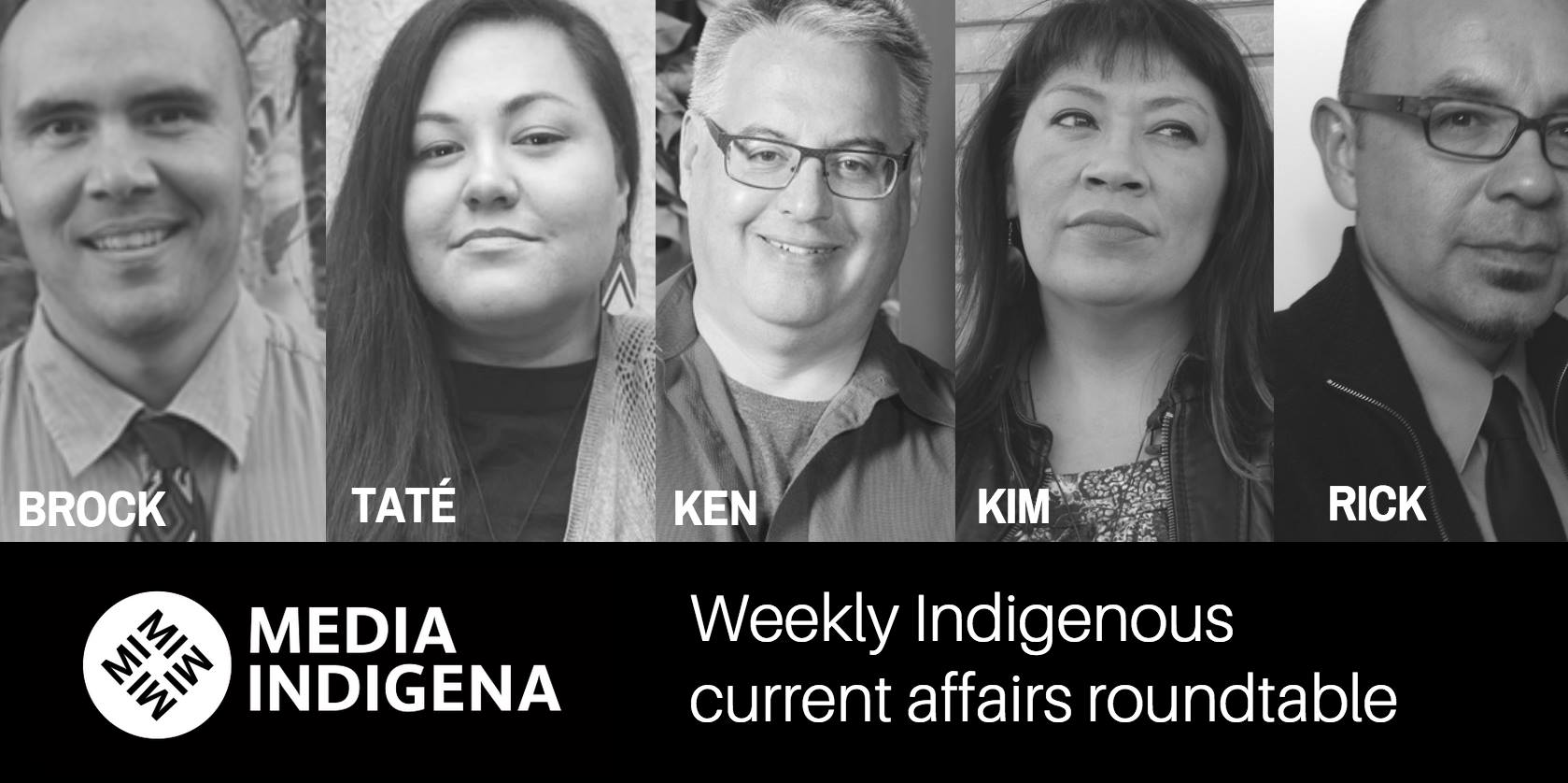Ep. 129: A Primer on Pipelines and Indigenous Peoples
Our ninth and final episode of our Summer Series collects and connects conversations about pipelines, in particular, the Kinder Morgan pipeline expansion project. Featured voices in this episode include (in order of appearance): Indigenous Resource lawyer Merle Alexander; Kim TallBear, associate professor of Native Studies at the University of Alberta, and Candis Callison, associate professor at UBC's Graduate School of Journalism; Brock Pitawanakwat, assistant professor of Indigenous studies at the University of Sudbury, and Ken Williams, assistant professor with the University of Alberta’s department of drama.

